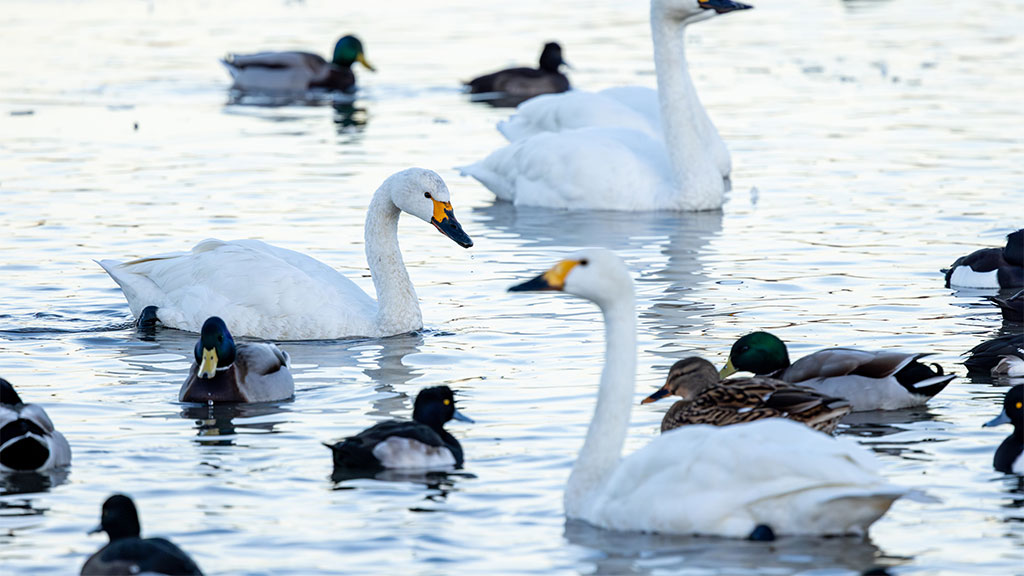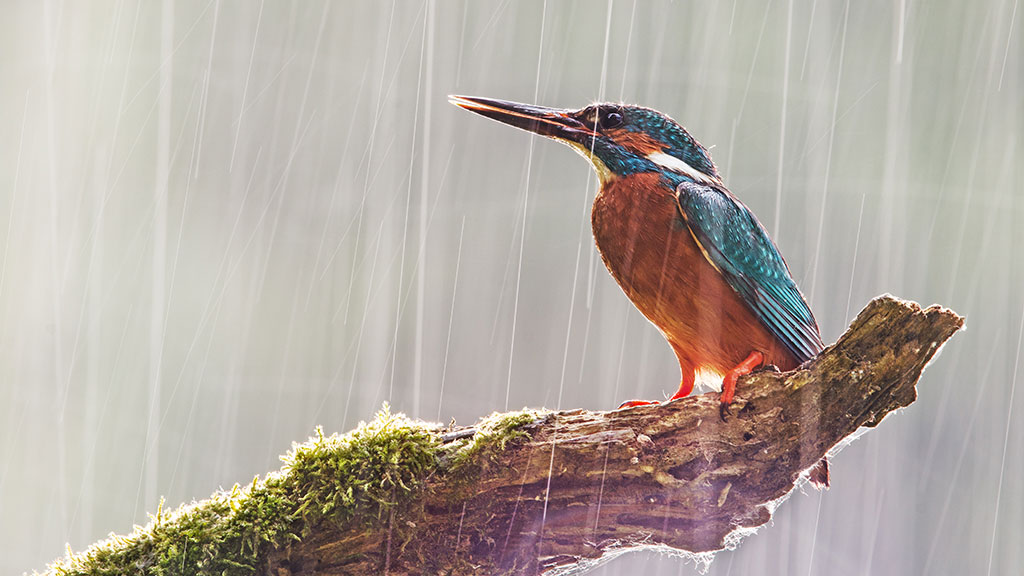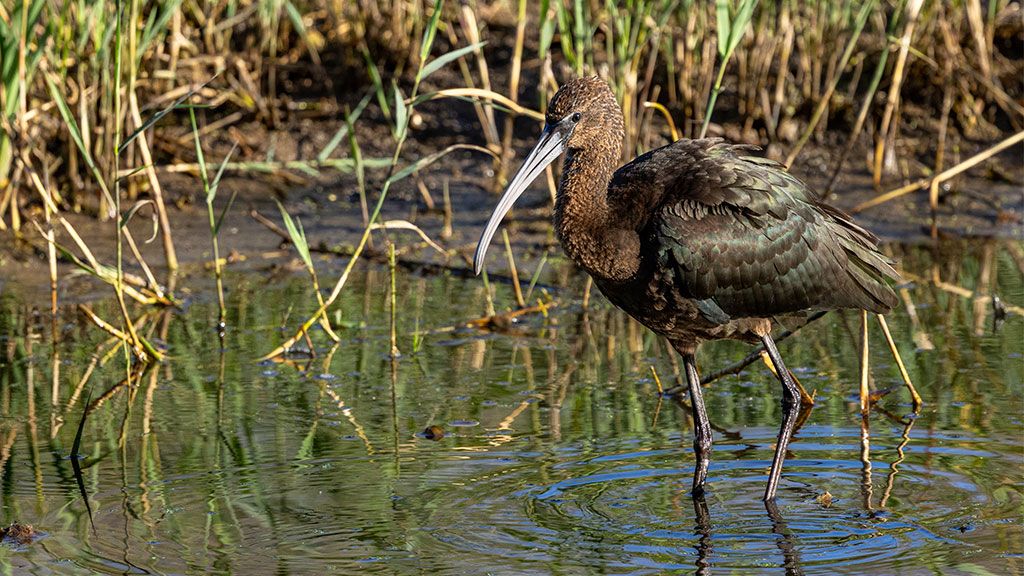How birdwatching helped me through a cancer diagnosis: An interview with Waltraud Englefield
We caught up with Waltraud Englefield, birdwatcher, nature lover and cancer survivor, to find out more about how immersing herself in nature helped her to deal with her news and improved her health and wellbeing.
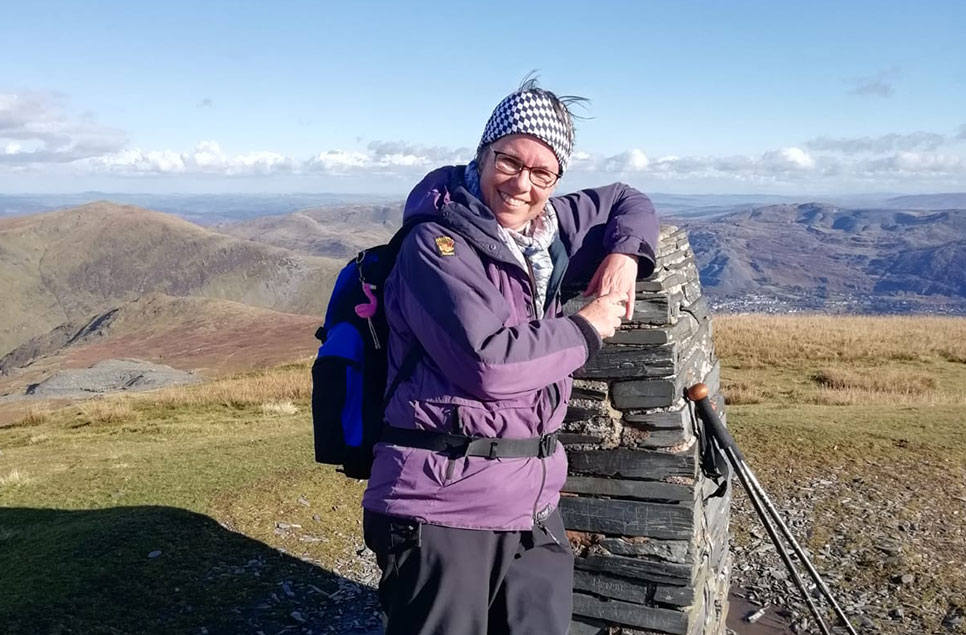
We caught up with Waltraud Englefield - birdwatcher, nature lover and cancer survivor - to find out more about how immersing herself in nature helped her to deal with her news.
Hi Waltraud. You’ve always been closely connected with the world around you.
Who first inspired your interest in nature?
My family. I grew up in Munich and the Bavarian mountains. From a very early age my parents took us into the mountains, always pointing out animals and flowers.
We also went on many mushroom and berry foraging ‘expeditions’.
Then, many years later, when I met my husband, he introduced me to birdwatching, something I always wanted to learn but never knew where to start.
After 23 years of learning, I think I am now at about his level of knowledge.
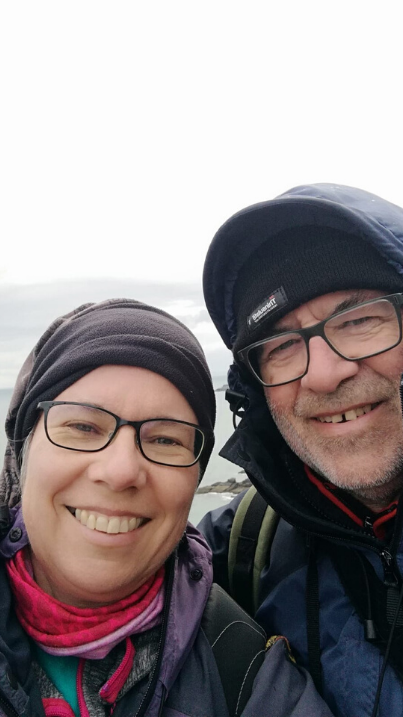
So what is is that you love about watching wildlife?
It connects me with life and slows me right down. When I’m wildlife watching, nothing else matters and all my senses are open. I lose sense of time and I guess it’s my type of meditation or mindfulness.
You’re right - it’s a mindful activity. It’s a great way to train yourself to mindfully deal with life’s big obstacles, so I imagine those skills came in handy when you had your news from the doctor. How did your diagnosis with breast cancer make you feel?
I was deeply shocked as my cancer was discovered in a routine scan and I had no symptoms! To be told I had three tumours and needed a mastectomy shook me to the core.
Also, up to then, being ill meant a cold or a sprained ankle and hearing the doctor talk about survival rates, even when he told me mine was 95% because it had been detected early, was a complete new experience for me. I also felt a great sense of loss and was frightened about how I would look with only one breast.
We can only imagine how you felt that day. How did you cope with your feelings?
My dear husband reassured me straight away telling me he would love me no matter what operations I needed and that together we would get through this.
We had also packed our binoculars for after receiving the diagnosis and went straight to the nearest wetland centre. First stop was for coffee and big cakes and then we walked three times round the place trying to process what had happened and this certainly helped with the initial shock.
We stopped at one of the bird hides and there, just outside, a Kingfisher lady landed, showing off in all her beauty, turning this way and that way as if to say to me “You’ll be alright, you know!” I think it was then that the idea popped in my head about starting a new bird list, starting right there and then. I decided to call it the Big Pink List and to run it for a year.
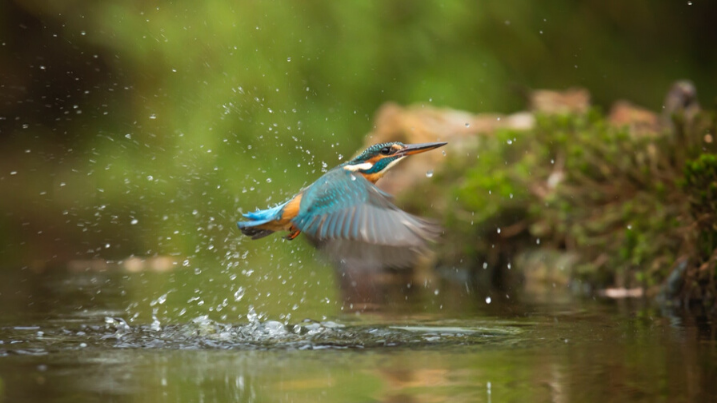
Immediately giving yourself a plan of action (as well as a distraction) is a great idea. How did your love of nature help?
It was a tremendous help! It motivated me to go outside and it helped to cope with the pain, anxieties and exhaustion. Nature is there, whatever goes in your life, and I can always take great comfort from this. It also helped that it was one of these golden Octobers with glorious colours and warm days.
Three weeks after my operation, when I was still in severe pain and exhausted, my husband packed me into our camper van and took me 5 hours North to Donna Nook, a Grey Seal Sanctuary. Seeing 1000s of new born seal pups close up gave me such a boost, that I was able to walk 3 miles that day and at the end of the trip I felt much better.
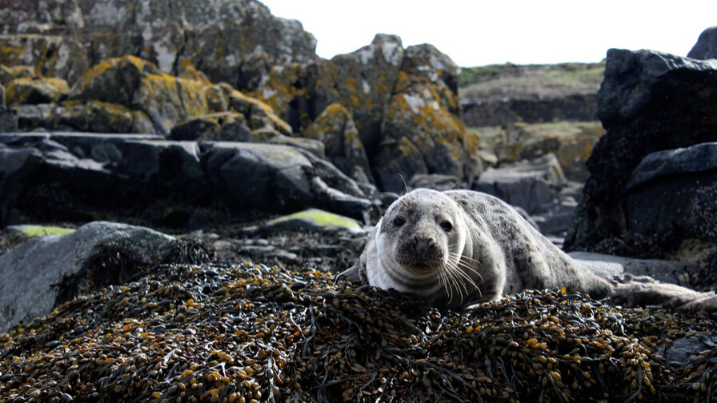
That sounds beautiful. When you want to escape into nature, where do you go and what do you look for?
We live in the Wye Valley and just outside the Forest of Dean, so that’s our obvious places to go.
We also love visiting the WWT centres, especially Slimbridge and try to get there at least once a month.
Then there are regular trips to the East Coast, Scotland and Wales.
Sometimes we check rare bird sightings and try and see those special species, but mostly we just immerse ourselves and see what we can see. There are always pleasant surprises!
There certainly are! Any particularly uplifting species you love to see?
That’s a seriously hard question! The kingfisher has a very special place in my heart, but then I also love to watch eagles and dolphins and whales and otters. But any species can be uplifting, like goldfinches or siskin on our feeders, or a blackbird singing out their heart.
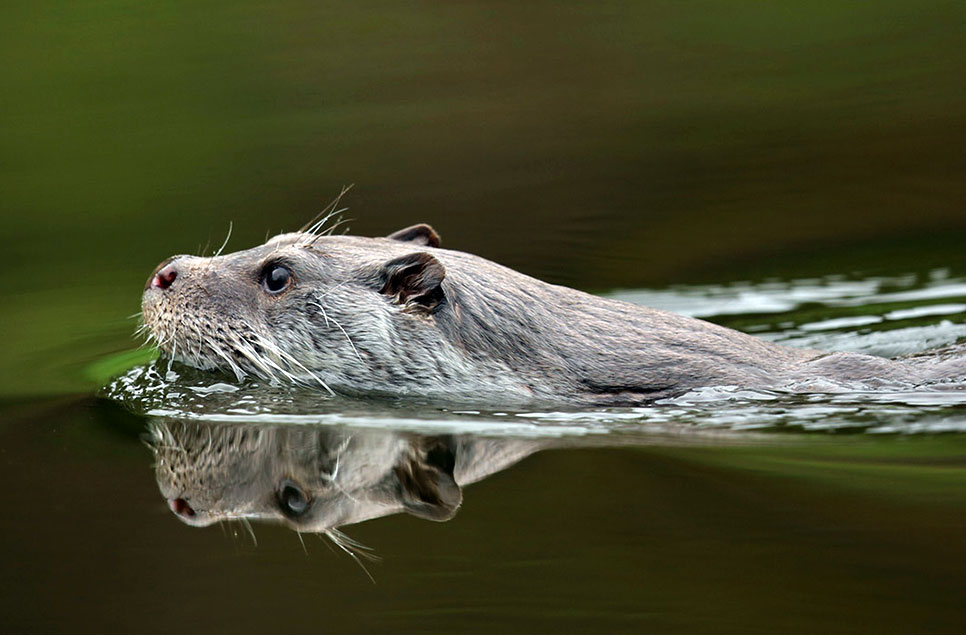
What actions did you take to benefit from the healing power of nature?
I made sure I went out into nature as much as possible. I also shared my experience by writing a reader’s letter to various wildlife magazines who published it. I have recently retired and am starting to volunteer for various organisations, hopefully encouraging others to go out and connect with nature.
You mentioned your Big Pink List a bit earlier on. We’d love to hear more about it.
I started the Big Pink List on the day of my diagnosis. It was one of the ways for me to take back control and give me something to hang on. The idea just popped into my head.
During that year between October 2016 and 2017 I clocked up 248 bird species, all in the UK. I am yet to beat that record!
It’s quite a record! Have you experienced any perfectly wild moments during your excursions?
There are so many! But seeing my first white tailed sea eagle on the Outer Hebrides in a place called Huishinish on Harris is right up there. We were sitting outside in the sun on warm rocks and suddenly this massive eagle swooped above us. It took my breath away and I couldn’t speak, so I just pointed at it so my husband could see it as well.
We’re always so happy when people are able to take their love for nature and find strength in it. With your diagnosis behind you, how do you feel now?
Thankfully I have been cancer free for three years now. But receiving a cancer diagnosis is life changing and I find that I appreciate life and my health much more than before the diagnosis. I have fully recovered and can do everything I could do before.
How did nature help?
Nature gave me perspective and positive boosts. It also connects me to the reality of life, because let’s face it, nature is not always gentle and fluffy. But it’s all part of the big cycle of life and it helps with acceptance of what is.
That’s true. Nature can be a fantastic aid for mental health concerns. How do you maintain good mental health with the help of nature?
By making sure I go out often enough. I also try and make our garden more wildlife friendly. When I feel down, I go down to the river and just sit and watch it flow past and that always helps.
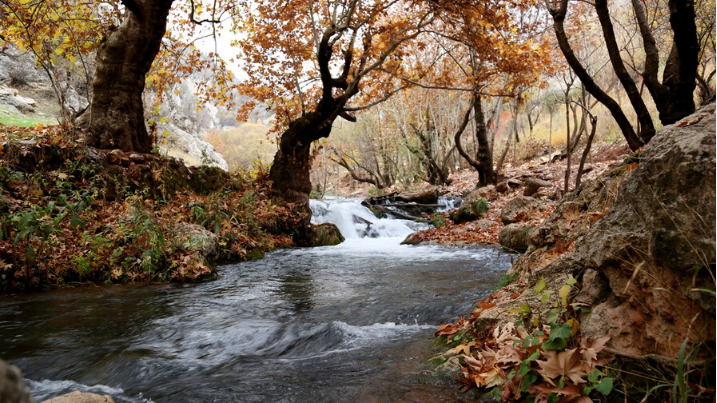
How can we all support others to feel the healing power of nature?
I think raising awareness of the many benefits of being in nature and by making nature as accessible as possible for all parts of society. Some nature reserves are free, but some are quite expensive to get into, excluding maybe the very people who need it the most. I also think that hospitals should have wildlife gardens attached, like in the hospice movement or at Maggie’s Centres. And of course we need to work with local schools and inspire our children to connect with and protect nature.
Do you have any bird watching myths or misconceptions you’d like to bust?
That it’s only for geeks and that you need very expensive equipment to enjoy it.
Agreed! So in three words, why do you love bird watching?
Connecting with life.
Thanks for chatting with us, Waltraud. Before we wrap up, is there anything else you would like to say?
I am very grateful to the NHS for all their work and for saving my life. Equally, I am grateful for the other NHS, the Natural Health Service, which is free and readily available, for its power of healing!
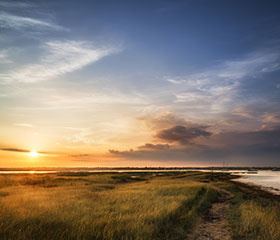
Wetlands and wellbeing
Read more about our latest research on wetlands and human health, and get ideas for spending time outside whatever the weather.
Find out more